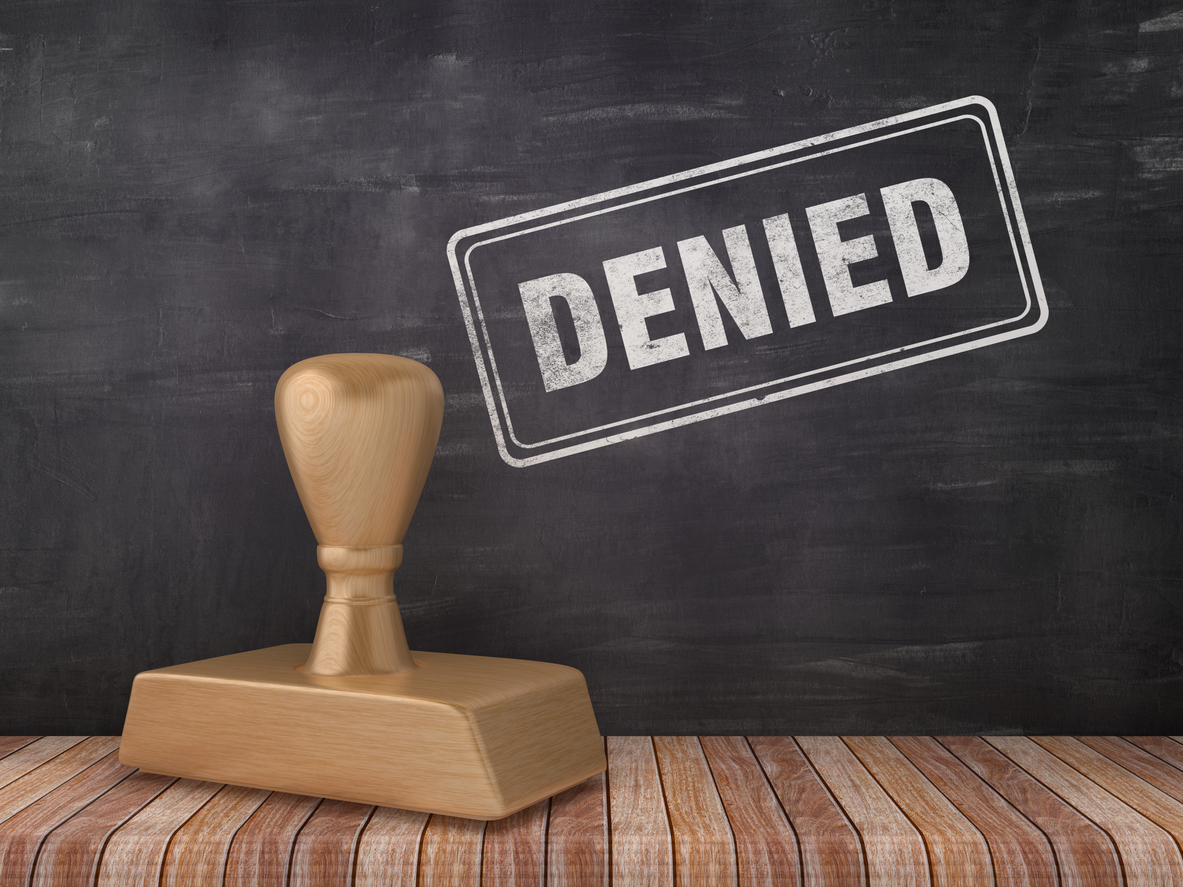When you have a claim for property damage under your homeowners insurance, you should not be penalized by your carrier. You should not be slapped with an increase in premium or slammed with a non-renewal notice because you had a claim and had to actually use your insurance. Professor Jay Feinman, the author of Delay, Deny, Defend, has prepared a new report to help state lawmakers ban the practice known as “Use It and Lose It” and calls-out this harmful practice. This report is part of a series that my colleague Rob Trautman discussed in, Rutgers Law School and United Policyholders Launch Essential Protections for Policyholders Project.
Feinman studied how various states address and protect homeowners from paying more for insurance or being left without insurance. Below are the criteria used to evaluate consumer protection when it comes to property insurance.
Each state is evaluated based on how well it meets the Essential Protection standards for Use It and Lose It:
State law should prohibit an insurance company from using a
- single claim within three years,
- a claim that results in no payment by the company,
- an inquiry by a policyholder that does not result in a claim, or
- a single claim for loss caused by weather or a natural disaster
as a basis for
- not renewing a policy or
- imposing a surcharge or premium increase
The results of this evaluation will likely not surprise frequent readers of this blog. Many times, Merlin Law Group has had to fight to keep insurance on a property in a damaged state because the carrier does not want that risk anymore, but without more consumer friendly laws, the carriers have a lot of power and can just raise the rates and make it impossible for some insureds to continue.
- Only two states—Rhode Island and Texas—earned a five-star rating for protecting consumers from improper rate increases and non-renewals for inquiries, claims closed without any payment, and a single claim.
- Eighteen states have no explicit protection at all from Use It and Lose It.
You can read the entire report here. Every insurance commission in the US has been provided a copy of this Essential Protections report and the recommendation is that each state work to enact laws that prohibit insurance companies from imposing a surcharge, premium increase or non-renewing a policy based on a single claim in three years. This should also be prohibited if the claim results in no payment by the company, or if the claim is caused by weather or a natural disaster. Further, there should be no penalty if a homeowner makes an inquiry that does not result in an actual claim. This will be very helpful and hopefully can expand to help condominiums and small businesses also faced with these problems on a regular basis.
Amy Bach chimed in and explained that without this protection, “insurance companies have put consumers at a costly disadvantage.” Bach suggests a simply remedy of enacting laws that mirror Rhode Island or Texas.
A future report on how states can help policyholders for unreasonable denial of claims is coming soon and will also be posted.



